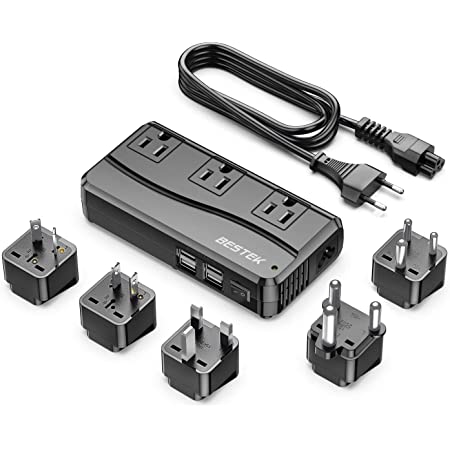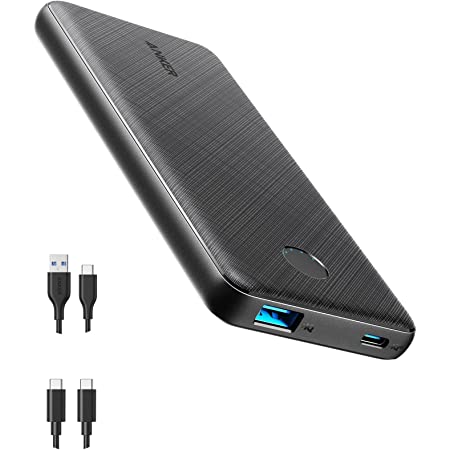Plug For Djibouti: What You Need To Know
What is the plug for Djibouti? Before you travel, check the information below to make sure your electronic devices are compatible with the outlet type and voltage.
Electrical Summary
Plug Compatibility: Type C, Type E
Voltage: 220V
Frequency: 50 Hz
Type C

Type E

Can North Americans use Electronics in Djibouti without an Adapter?
No! North Americans will need an adapter for the outlets and a transformer for the voltage when traveling to Djibouti. North Americans device plugs will not work with the outlet types in Djibouti. Also, the voltage in Djibouti is different from North American voltages.
Can Europeans use Electronics in Djibouti without an adapter?
Yes! Europeans do not need a travel adapter or transformer when traveling to Djibouti. Most device plugs will work with the outlet types in Djibouti. Also, the voltage in Djibouti is the same as in Europe.
What Outlet does Djibouti Use?
Type C

Type C plug sockets are used in Europe, Africa and Asia. They have two round pins and no grounding pin. These plugs are typically used with devices that have a voltage of 220-240V. This outlet is rated for 2.5 amps. Plug Type E, and Type F are compatible with this socket. All other plug types will need an adapter.
Type E

Type E plug sockets are used in France, Belgium, Poland and some parts of Africa. They have two round pins and a grounding pin. These plugs are typically used with devices that have a voltage of 230V.
Recommended Products:
Is it safe to drink water in Djibouti?
To be on the safe side, you can use common precautions such as boiling tap water for at least one minute, using water purification tablets, or drinking bottled water. It’s also important to note that ice may be made from tap water and that foods may be washed or prepared with tap water.
We recommend always packing a filtered water bottle when traveling:
Travel Essentials
Be sure to check our list of travel essentials before your trip!
Should I get travel insurance when traveling to Djibouti?
It is generally recommended to get travel insurance when traveling to a different country. Travel insurance can provide financial protection and peace of mind in case of unexpected events, such as medical emergencies, trip cancellations, lost or stolen baggage, or other travel-related mishaps.
Travel insurance can cover various expenses related to your trip, such as medical expenses, emergency medical transportation, trip cancellation or interruption, lost or stolen baggage or personal belongings, and other travel-related expenses.
Before purchasing travel insurance, it’s important to carefully review the policy details, including the coverage limits, exclusions, and any applicable deductibles or copays. You should also make sure that the policy covers any activities or destinations that you plan to participate in or visit during your trip.
Travel Summary
The country’s capital and largest city is Djibouti City, which is located on the coast of the Gulf of Tadjoura. The city is a hub for international shipping and trade, and it is home to several historic landmarks, including the Hamoudi Mosque and the Presidential Palace.
Djibouti is known for its stunning natural beauty, including its beaches, deserts, and wildlife reserves. Visitors can explore the Day Forest National Park, which is home to several endangered species, including the Djibouti francolin, a type of bird found only in the region. The country is also home to the Lake Assal, which is the lowest point in Africa and one of the saltiest bodies of water in the world.
Djibouti’s unique culture is a mix of African, Arabic, and French influences. Visitors can explore the country’s markets and sample its traditional cuisine, which features a mix of African and Middle Eastern flavors. One popular dish is Fah-Fah, a spicy soup made with goat meat and vegetables.
The country is also home to several cultural festivals, including the Djibouti International Cultural Festival, which showcases traditional music, dance, and crafts from across the region.
Djibouti is a fascinating destination for travelers looking for a unique and off-the-beaten-path experience in East Africa. Visitors can explore its natural beauty, experience its rich culture, and sample its delicious cuisine. It is a must-visit destination for anyone interested in African history and culture.
Traveling to another country? Check out our Countries page for more info.


